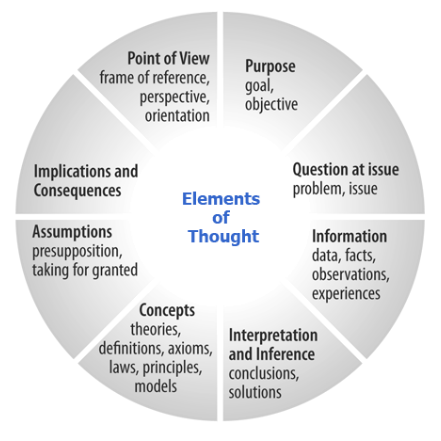Thinking Curriculum
Thinking Curriculum
The Thinking Curriculum @Pioneer Primary is developed to teach children to think in a variety of ways.
Our Approach
-
It is about purposeful thinking within an active learning environment that engages students in their learning and draws them into being responsible for their own learning.
-
It is important for students to acquire reasoning skills and to inculcate a disciplined way of thinking and problem solving.
-
There is ongoing reflection from self or group to learn from experiences and explain decisions behind the thinking and actions.
At its core, the Thinking Curriculum @ Pioneer Primary is designed to develop the array of competencies in the MOE’s 21st Century Competencies Framework- Civic Literacy, Global Awareness and Cross-Cultural Skills; Critical and Inventive Thinking; and Communication, Collaboration and Information Skills through integrated lessons and distinctive learning experiences. Closely aligned with the school vision, Passionate Learners, Confident Learners, Gracious Citizens, the main goals of the programme are to:
-
nurture our students to become confident and communicative learners through the development of critical thinking skills,
-
inculcate a spirit of inquiry and a passion for learning through authentic learning experiences through the integrated lessons,
-
engage students to apply the elements of reasoning (See Figure 1) and its intellectual standards to examine real-world issues and generate solutions,
-
use evidence and adopt different viewpoints to explain one’s reasoning and decisions, having considered the implications of relationships among different viewpoints,
-
promote critical thinking through varied platforms (e.g. ALP and LLP) and
-
create opportunities to show empathy towards diverse groups and individuals in school and the larger community.

Figure 1 R. Paul’s Eight Elements of Thoughts/Paul’sWheel of Reasoning (Paul and Elder, 1992)
Learning Outcomes
In the six years of education in Pioneer Primary School, our students will be able to
-
think in a logical manner,
-
solve problems by evaluating and making decisions * through sound reasoning,
-
adopt perspective taking and
-
be reflective

